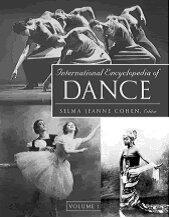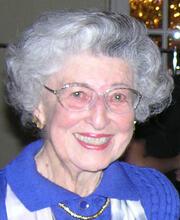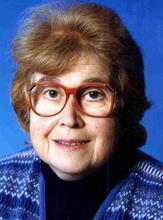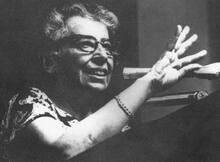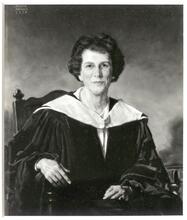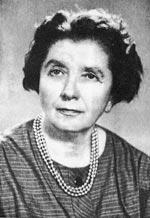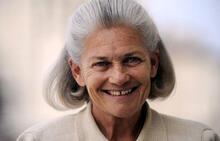Mildred Wertheimer
Mildred Wertheimer was an American scholar and diplomat in the early twentieth century. In the 1920s she joined the research department at the Foreign Policy Association (FPA) as an expert on Germany and Central Europe. She traveled often to Geneva, closely following the League of Nations operations. Wertheimer authored dozens of articles and two books on the topics of foreign relations and diplomacy. She died in 1937, and her obituary in the Foreign Policy Bulletin described her as someone who “was dominated by a desire to assist in the making of a better world.”
Article
A brilliant scholar of international relations and member of the research staff of the Foreign Policy Institute, Mildred Wertheimer made significant contributions to political science at a pivotal time in world history.
Born in San Diego, California, to Monroe and Annette Wertheimer, Mildred, one of two children, went east for her education. A 1917 graduate of Vassar College, Wertheimer pursued several more degrees. She was a member of the International Law Division of the Colonel House Commission of Inquiry until 1919, and in 1921 continued her studies at the University of Berlin. In 1924, she received her doctorate from Columbia University. In the Foreign Policy Bulletin of 1937, her colleagues described her published thesis The Pan-German League as “a distinct contribution to diplomatic history.”
That year she joined the research department at the Foreign Policy Association (FPA) as an expert on Germany and Central Europe. She traveled often to Geneva, closely following the League of Nations operations. In 1929, she was the FPA’s representative at the First Hague Reparation Conference. In 1933, she helped organize the High Commission for German Refugees.
Wertheimer authored over forty articles and two books, New Governments in Europe (1934) and Germany Under Hitler (1935) for the FPA. Her expert knowledge of foreign languages and political systems combined with her “sound judgment, keen sense for news, and warm interest in people” ensured close contacts and friendships with statesmen, journalists, and diplomats in London, Paris, Geneva, Berlin, and Washington, D.C. Her study of Germany under the Third Reich consisted of perceptive observations and analysis of how suppressive Nazi control increased relative to the country’s economic difficulties. In German Under Hitler, she cautiously reminded her readers that “the ultimate aims of Nazi foreign policy as expounded in Mein Kampf have never been retracted.”
Mildred Wertheimer did not live to see how eerily accurate was her sense of foreboding. She died on May 6, 1937, in San Diego, after a long illness. In the 1920s, few women worked in the field of foreign policy, and even fewer achieved her level of scholarship and renown. Lauded for her intelligence and sensitivity, her obituary in the Foreign Policy Bulletin described her as someone who “was dominated by a desire to assist in the making of a better world.”
AJYB, 39:599.
Foreign Policy Bulletin 16, no. 29 (May 14, 1937).
NYTimes, May 7, 1937, 30:3.

